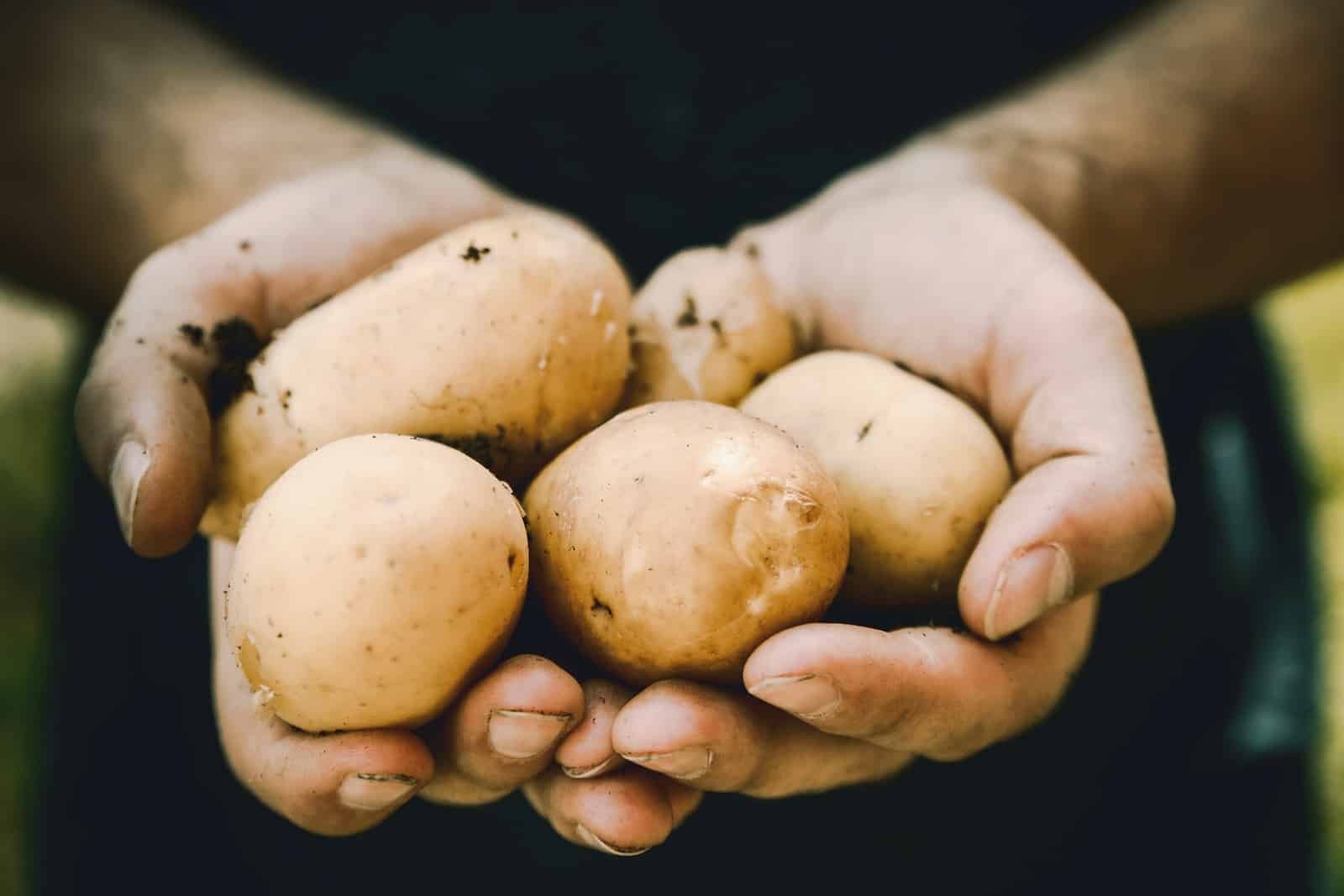We’ve all been there — you reach for a potato and find it has sprouted little shoots. Your first thought might be, “Do I need to throw it away?” or “Is it safe to eat?” Before you toss your spuddy buddy into the compost bin, let’s dig a little deeper (pun intended!) and find out what those sprouts mean for food safety.
Potatoes are tubers, and those sprouts are a sign that your potato is trying to grow and reproduce. Sprouting occurs when potatoes are exposed to the right conditions, such as warmth and light. While sprouts may look harmless, they can be a cause for concern.
The issue with sprouts is that they can indicate the presence of solanine and chaconine, two natural toxins found in potatoes. These toxins are part of the potato’s defense mechanism against pests and disease. When potatoes sprout, the levels of these toxins can increase, not just in the sprouts but in the potato itself.
The short answer is: It depends. Eating sprouted potatoes can be risky if they also show signs of greening. The green color is chlorophyll, which isn’t harmful itself but is a telltale sign that solanine levels have increased. Consuming high levels of solanine can lead to unpleasant symptoms like nausea, diarrhea, vomiting, stomach cramps, and even fever or headache.
However, not all sprouted potatoes are a lost cause. If the sprouts are small and the potato is still firm, it may still be safe to eat. The key is to remove the sprouts and any green areas thoroughly. If the potato is soft, shriveled, or has a strong, off smell, it’s best to err on the side of caution and toss it.
If you’ve decided your sprouted potato is still good to go, here’s how to prepare it safely:
Remember, if you’re ever in doubt, it’s better to be safe and throw it out.
To help prevent your potatoes from sprouting in the first place, follow these storage tips:
According to the U.S. Food and Drug Administration (FDA), consuming high levels of solanine can lead to foodborne illness. While cases are rare, the FDA advises against eating sprouted potatoes with signs of greening or rot.
The Centers for Disease Control and Prevention (CDC) doesn’t specifically address sprouted potatoes but emphasizes the importance of proper food handling and preparation to prevent food poisoning.


